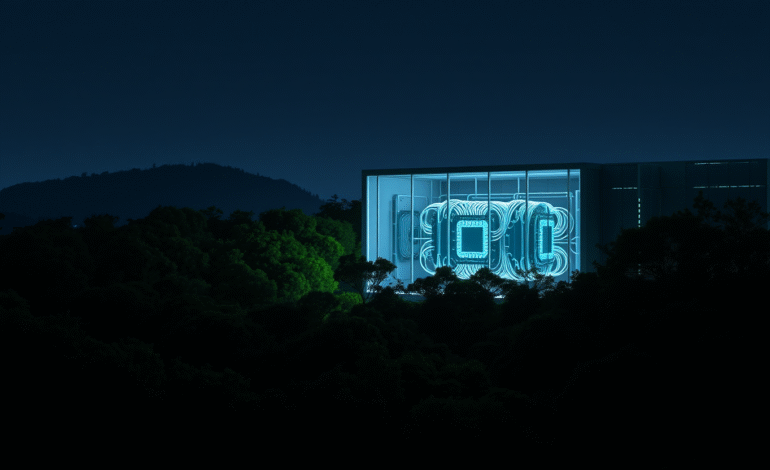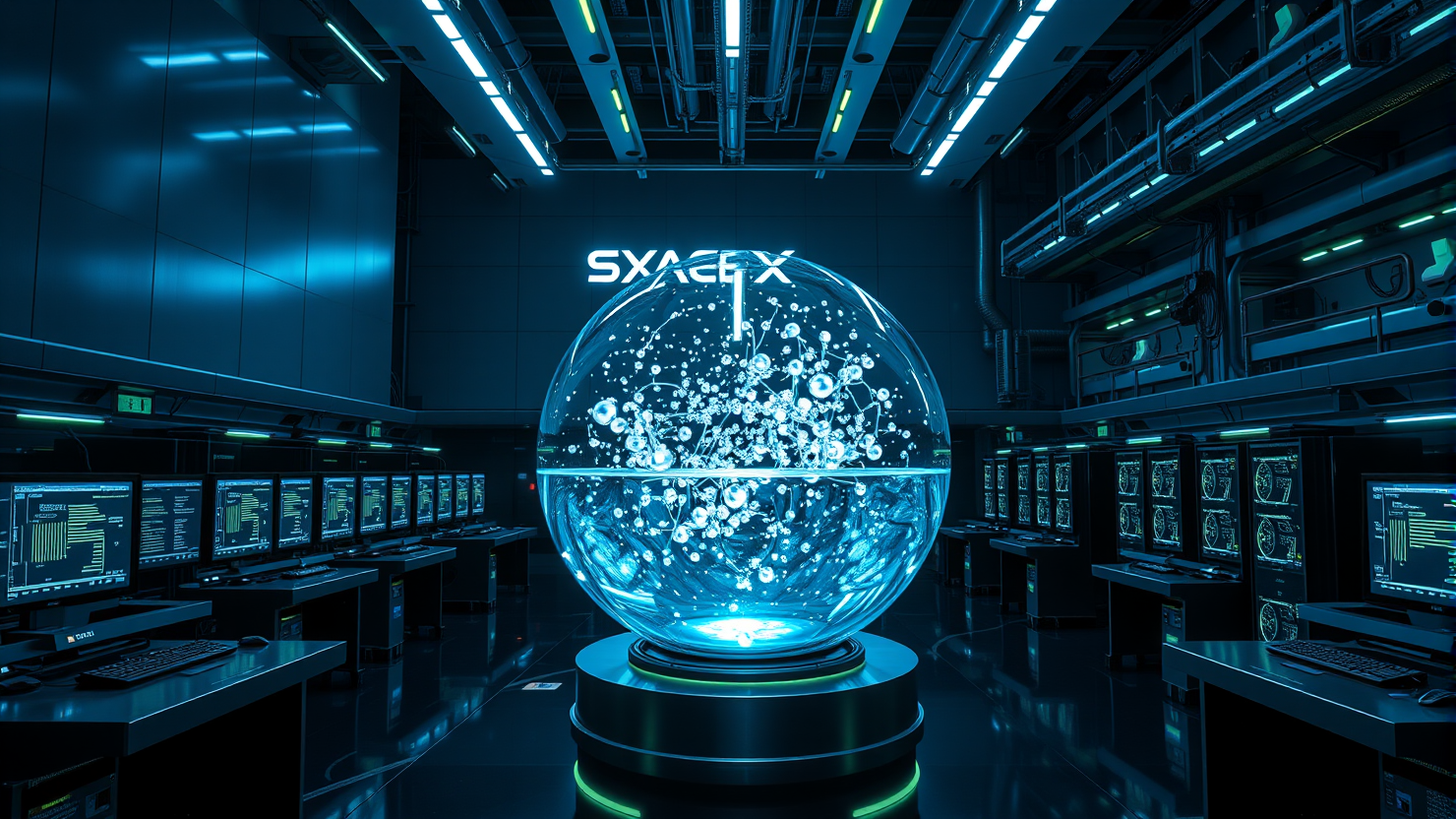Nvidia’s B30A AI Chip for China Could Outperform H20, Aiming for Approval Amidst US-China Tensions

Nvidia is reportedly developing an advanced AI chip, internally codenamed B30A, that could outperform the H20 model currently sold in China. Based on the company’s latest Blackwell design, this new chip is expected to employ a single-die architecture, consolidating its core components onto a single piece of silicon.
Although US President Donald Trump hinted at potential future sales of more advanced Nvidia chips in China last week, approval remains uncertain due to concerns over granting excessive access to Chinese AI technology.
Sources familiar with the details claim that the B30A will possess roughly half the power of Nvidia’s flagship B300, but will still exceed the performance of the H20. The chip is set to incorporate high-bandwidth memory and NVLink, Nvidia’s data transfer technology between processors, similar to the H20. However, the final specifications are yet to be finalized, with samples scheduled for distribution to Chinese customers as early as next month.
In a statement regarding its strategy for China, Nvidia declared that they continually evaluate potential products for their roadmap, ensuring readiness to compete subject to governmental approvals, and emphasizing that all offerings comply with the relevant authorities’ regulations intended solely for commercial use.
US Commerce Secretary Howard Lutnick has disclosed that Nvidia CEO Jensen Huang has been actively seeking approval for such sales. Lutnick commented that it is unsurprising given Huang’s direct appeals to the president, stating that the president listens to prominent technology companies and will make his own decisions on sales to China.
The debate over how much access China should have to advanced AI chips has emerged as a significant point of contention between Washington and Beijing, with China accounting for 13% of Nvidia’s revenue last year. The company resumed selling the H20 in July following a temporary halt by US regulators in April due to export restrictions.
Recently, President Trump indicated potential approval for Nvidia to sell a scaled-down version of its next-generation chip in China as part of broader negotiations. In addition, Nvidia and rival AMD agreed to allocate 15% of certain chip sales revenue to the US government. The president also characterized the H20 as “obsolete,” implying that a new China-specific chip could offer “30% to 50%” increased computing power compared to the top model.
Bipartisan Washington legislators have raised concerns that even weaker versions of AI chips could still provide China with an advantage in critical areas. However, industry players like Nvidia argue that halting sales would prompt customers to turn to local suppliers such as Huawei, whose chip models are said to be comparable to Nvidia’s in raw computing power, though they lag behind in software performance and memory speed.
In addition to the B30A, Nvidia is also readying another product tailored for the Chinese market, centered around AI inference tasks and based on the Blackwell architecture. Known as the RTX6000D, this chip will reportedly be priced lower due to a simpler design and reduced specifications compared to the H20.
Sources suggest that the RTX6000D has been designed to operate below export control thresholds, utilizing standard GDDR memory and running at 1,398 gigabytes per second—slightly under the 1.4 terabyte-per-second cap set by recent restrictions in April. Small shipments of the RTX6000D are slated for delivery to Chinese customers in September.





